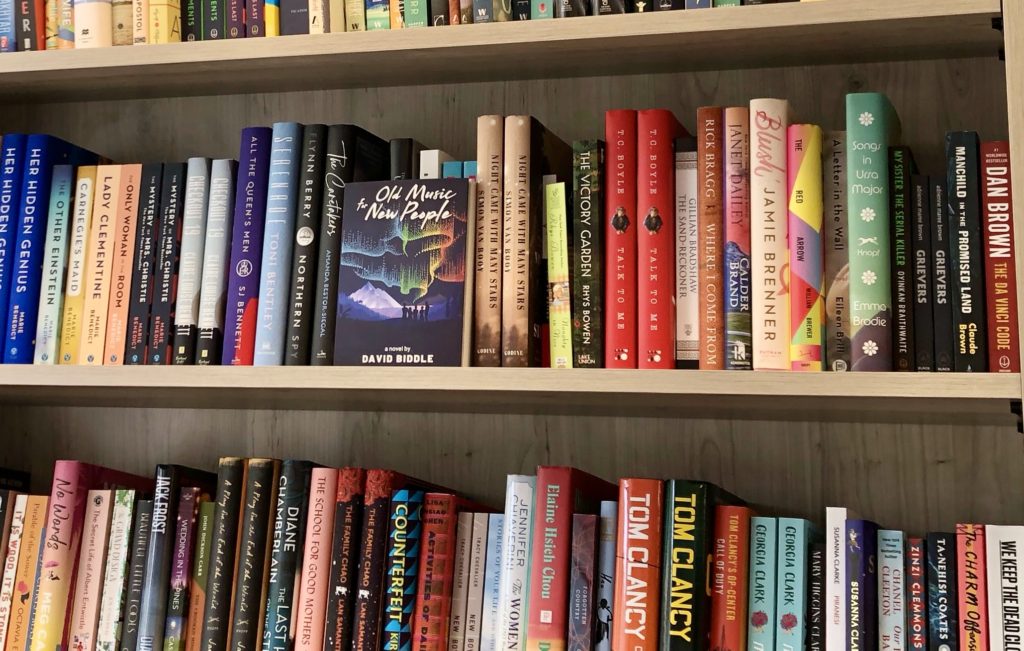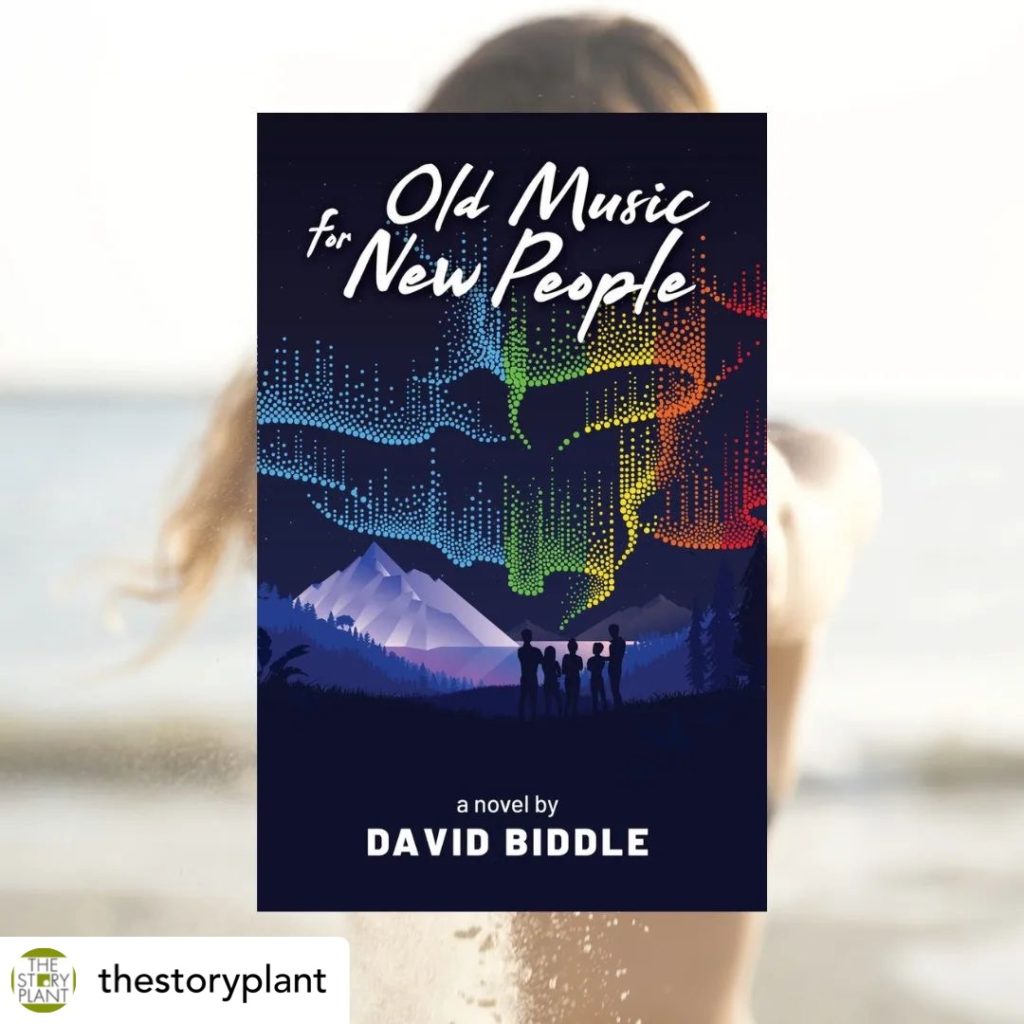
I’ve had three guest posts up now at my publisher’s web site . Each of the pieces gives a bit of a different take on the origins of my novel, Old Music for New People. The read time for each of them is about a five minute read or less. I’m quite happy with each of those brief essays. They’re worth a read whether you buy my novel or not.
I’ve always had a difficult time as a writer with the idea of needing to explain myself and my work. It may be a weird way to look at the finished product, but ever since I published my first magazine article back in the 1980s it always feels like the words I wrote belong to each reader and to the world at large. My personal intent and purpose in writing something–anything–is secondary. What the reader thinks of whatever I’ve created is all that matters.
It’s a funny paradox. As an author you put so much effort into getting an article or a story or a novel just right, and then, eventually, you publish it (ideally, hopefully, maybe, gotta believe!). Whatever you think of the work you’ve done becomes a drop in an ocean of potential and actual readers. I know other writers don’t see things this way and maintain a sense of ownership and personal sensitivity towards their work. I didn’t know I would feel differently until that first article so many years ago. It went out there. I received a check for, I believe, one hundred dollars and that was that. It was no longer my article, it was everyone else’s. Time to get going on the next piece.
I’m going to post excerpts from my Story Plant blog posts here over the next few weeks. Hopefully you can find a way to take the time to go check out the full piece. Your thoughts on each of them matter far more than mine. Ideally, you might as well be enticed to find the time to read Old Music for New People. Don’t get me wrong: I don’t feel ownership of that book, not exactly. But I do feel very proud of it and know without doubt that it is a good story worth everyone’s time. I also want my publisher to feel like they made a good bet on my work.
Anyway, read this:
Summer Stories, Rebellion, and Open-Ended Questions
Summer stories have always been significant in our lives—not just the ones in novels and movies, but the real ones, especially the ones we lived as teenagers. Whether good, bad, heart-breaking, cataclysmic, or cathartic, those are the special stories that often define the rest of our lives.
Without doubt, the summer I was 15 shaped me forever. It was the year I lost my family. We spent most of that season at a cabin on a lake up in Canada. My parents were in the early stage of ending their 19-year marriage. It was also the year that I began to seriously think — quite innocently compared to life here in the 2020s — about why there are gender limitations on our behavior and our appearance as male and female members of society….<snip>
Go here for the rest.
